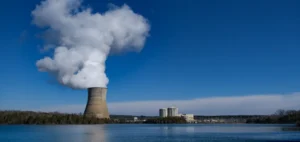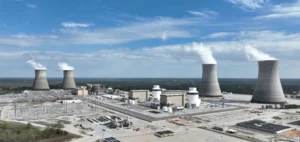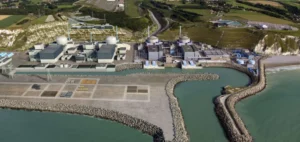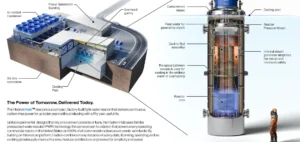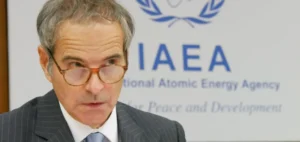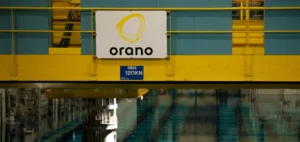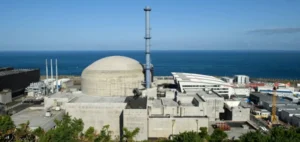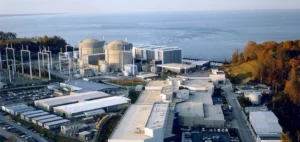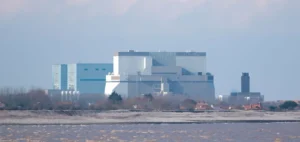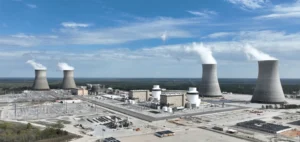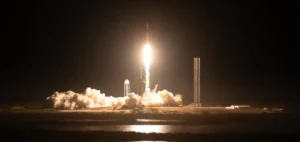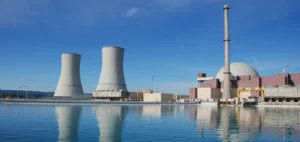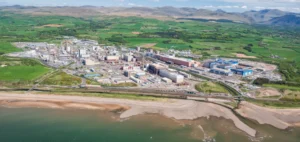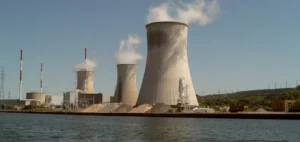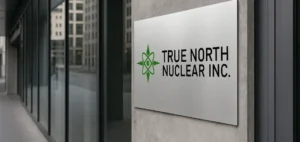The United States wants to build small modular nuclear reactors in Thailand, with the hope of accelerating the energy transition of the kingdom which depends mainly on fossil fuels, announced the American vice-president Kamala Harris, in visit in Bangkok.
The White House said the announcement was part of its plan to support countries wishing to achieve carbon neutrality in the face of the effects of climate change.
The kingdom of about 70 million people does not have a nuclear power plant.
About 85% of its electricity generation comes from natural gas and coal, according to data from the think tank Ember.
The small, modular, factory-built and mobile reactors will have “the highest standards of safety, security and non-proliferation” and will offer “reliable power 24/7” with limited environmental impact, Washington assured in a statement.
These designs, which are less powerful and smaller than conventional reactors, are said to be safer, in some cases, because they rely on passive systems that require no human intervention to shut down the systems in case of a problem.
Without specifying a timeline, the White House pledged to support Thailand, vulnerable to climate change, in its goal of net zero emissions by 2025.
Kamala Harris, who is in Bangkok for the Asia-Pacific Economic Cooperation (Apec) summit, met with Thai Prime Minister Prayut Chan-O-Cha.
The two officials discussed developments in Burma after the army coup in February 2021.
The Vice President of the United States “condemned the current atrocities and human rights violations carried out by the Burmese regime”, in a statement issued by the White House.
“The Vice President made it clear that the United States stands with the people of Burma,” it said.
Burma’s ruling junta announced Thursday the release of nearly 6,000 prisoners.
An initiative that U.S. Secretary of State Antony Blinken called “a bright spot in what remains an incredibly dark time.”
During Kamala Harris’ visit, the White House also announced an initiative with Thailand to strengthen 5G security and a plan to build a “world-class” cancer treatment center in Thailand’s eastern province of Chonburi.




